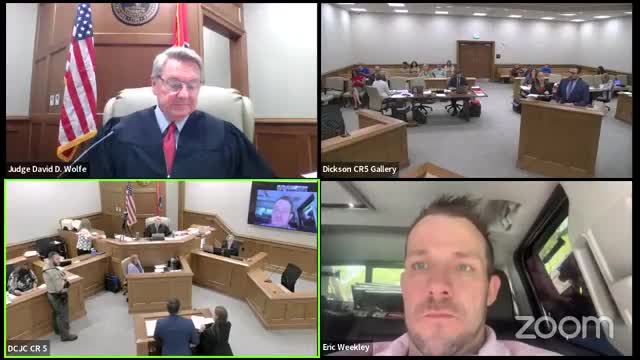Article not found
This article is no longer available. But don't worry—we've gathered other articles that discuss the same topic.
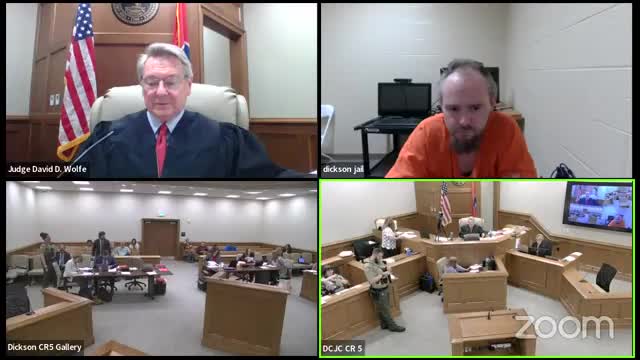
Robert Capes pleads no contest to reduced misdemeanor; other counts dismissed
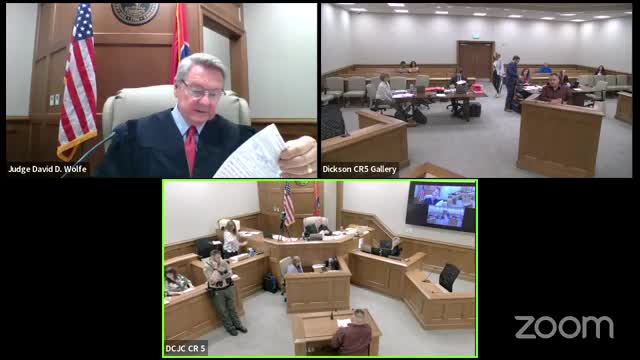
Court relieves bonding company after out‑of‑jurisdiction hold in Weston case
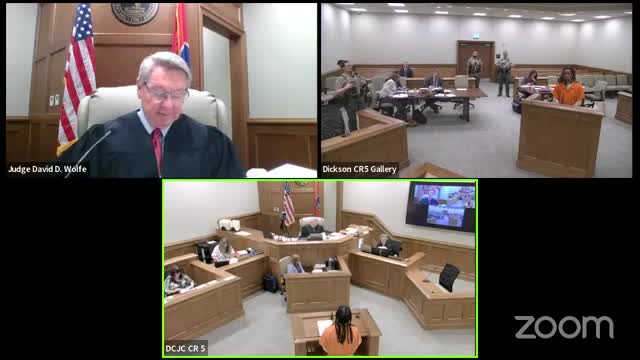
Judge orders written discovery and video access for self‑represented defendant Sherrick Vaughn; denies recusal and discharge motions, sets trial for September
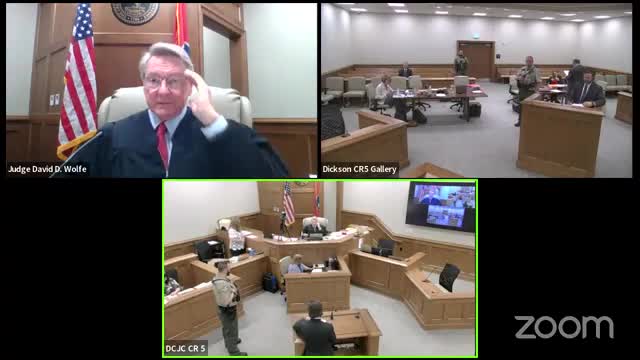
Court allows state's late notice of enhanced punishment in Cordarius Godwin case and grants continuance; trial moved to November
